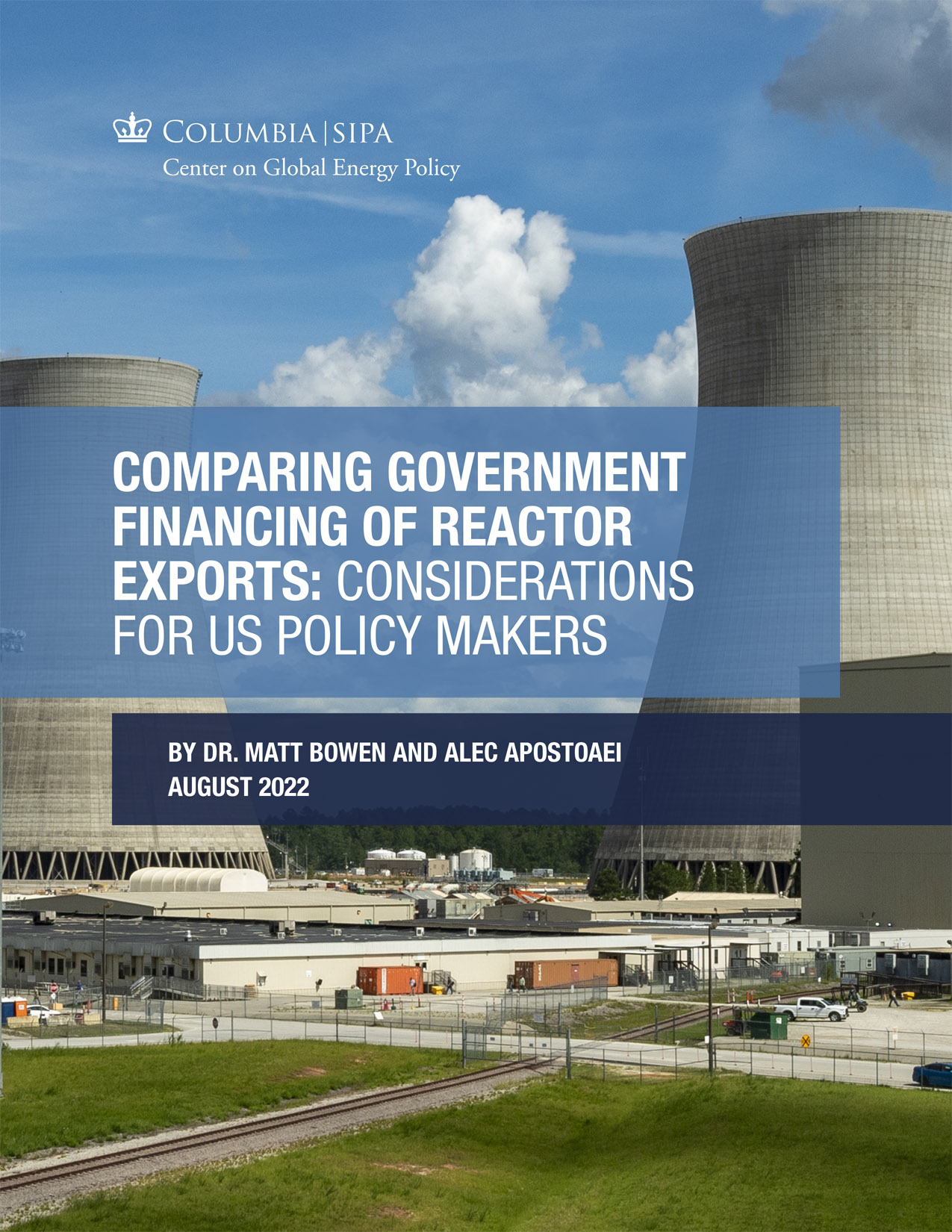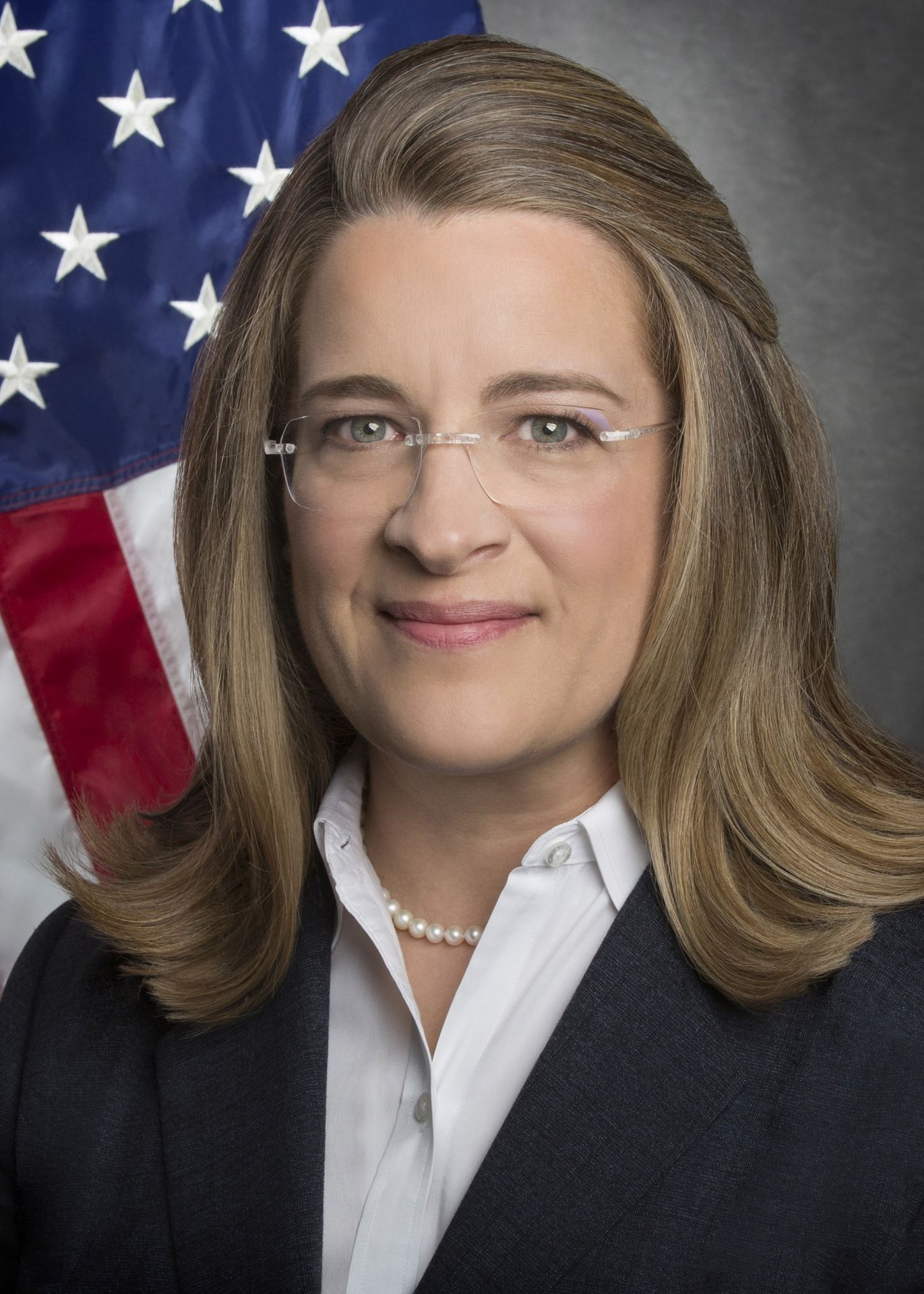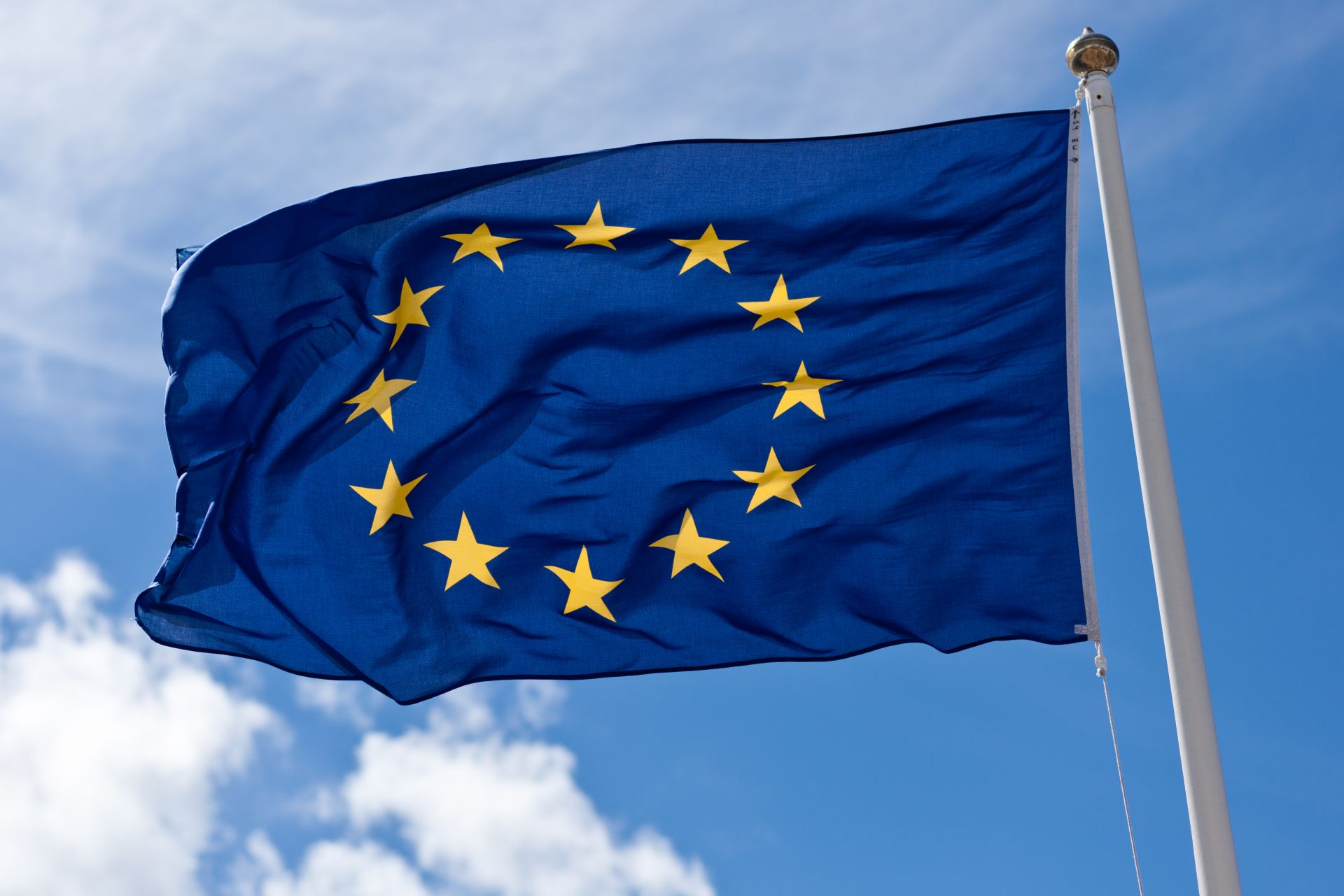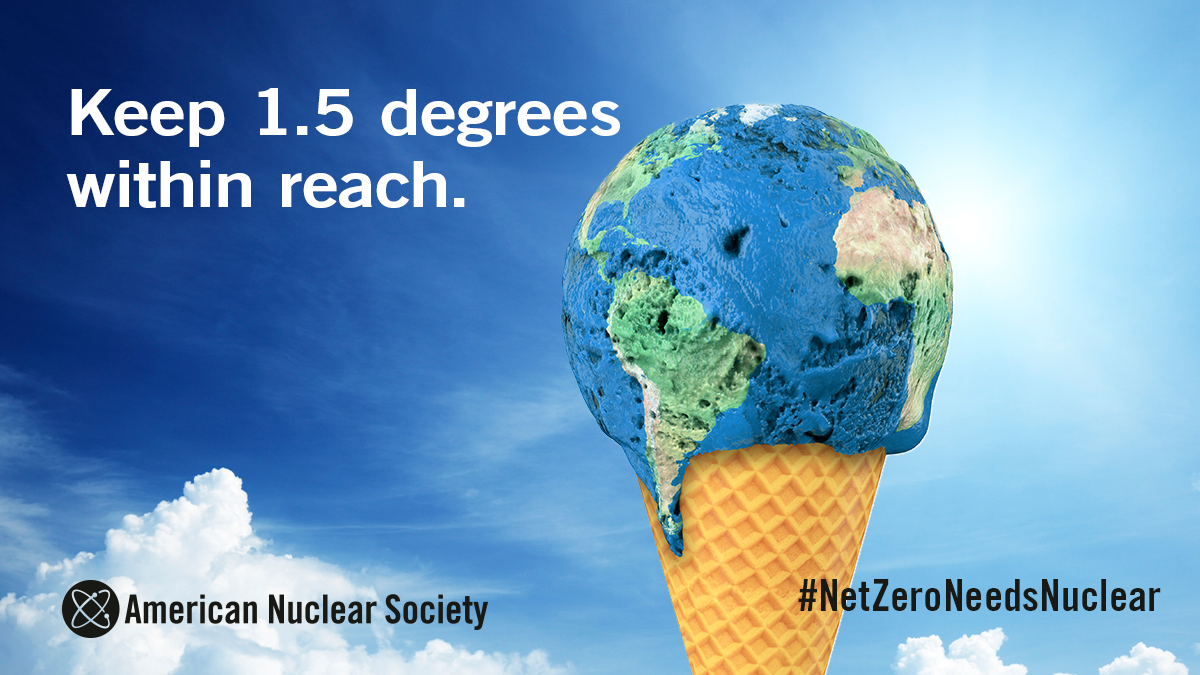Tiara Carrasquillo Pérez (far left) and Matt Hageman (far right) are pictured with five other WISE interns and FMR Gil Brown (center front).
For the first time since 2019, student interns were welcomed to Washington, D.C., for the summer to participate in the Washington Internships for Students of Engineering (WISE) program. Among them were two students sponsored by ANS—Tiara Carrasquillo Pérez and Matt Hageman.
The session hall of the Batasang Pambansa Complex in Quezon City, the seat of the Philippines’ House of Representatives.
The Philippines’ House of Representatives has established a special 25-member committee to focus on nuclear energy.
Within the committee’s purview, according to an August 9 release from the House’s Press and Public Affairs Bureau, are “all matters directly and principally relating to the policies and programs to the production, utilization, and conservation of nuclear energy, including the development of nuclear power infrastructure, as well as interaction of other energy sources with nuclear energy as a reliable, cost competitive, and environment-friendly energy source to ensure energy security consistent with the national interest and the state’s policy of freedom from nuclear weapons.”
The U.S. Capitol. Photo: Wikimedia commons.
In a 243–187 vote, the House of Representatives yesterday passed the CHIPS and Science Act of 2022, a $280 billion economic competitiveness package aimed at bolstering U.S. semiconductor manufacturing, as well as scientific research and development, including nuclear energy R&D.
Rep. Jamaal Bowman during a hearing of the House Science, Space, and Technology Subcommittee on Energy.
The House Science, Space, and Technology Subcommittee on Energy held a hearing last week to evaluate the Department of Energy’s approach to research and development on new strategies and technologies to support the nuclear waste cleanup mission of its Office of Environmental Management (EM).
The European Union flag. (Photo: Håkan Dahlström, Wikicommons)
In a much-anticipated vote yesterday, EU lawmakers voted down a resolution objecting to the European Commission’s proposal to add nuclear energy and natural gas to the list of green technologies covered by the EU taxonomy—the classification system used by the European Union to steer private investment toward environmentally sustainable economic projects.
The vote, held during the European Parliament’s July 4–7 plenary session, was 328 opposed to the resolution, 278 in favor, and 33 abstaining. An absolute majority—353 members—was required for the resolution to be passed and the proposal vetoed.


-3 2x1.jpg)

 As energy security and environmental concerns prompt some countries to increase their reliance on nuclear energy or become first-time adopters of the technology, the U.S. government must decide whether it will offer financing for reactor exports—a move that poses financial risks but could create jobs, address global climate and energy security challenges, and limit Chinese and Russian influence. A new
As energy security and environmental concerns prompt some countries to increase their reliance on nuclear energy or become first-time adopters of the technology, the U.S. government must decide whether it will offer financing for reactor exports—a move that poses financial risks but could create jobs, address global climate and energy security challenges, and limit Chinese and Russian influence. A new 




 The June 2017 special report on the ANS Nuclear Grand Challenges (available online at
The June 2017 special report on the ANS Nuclear Grand Challenges (available online at 
.jpg)
